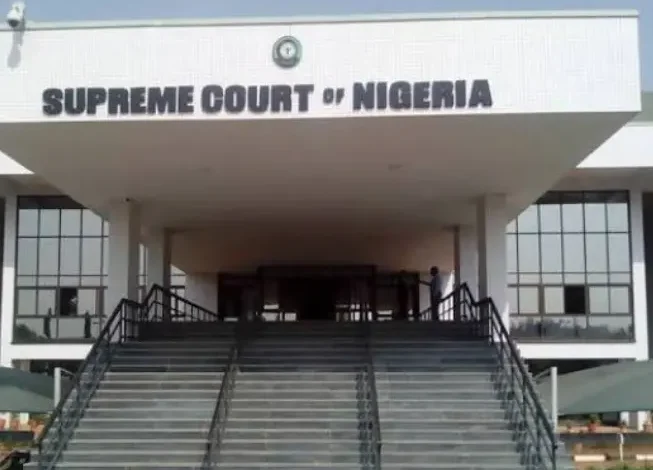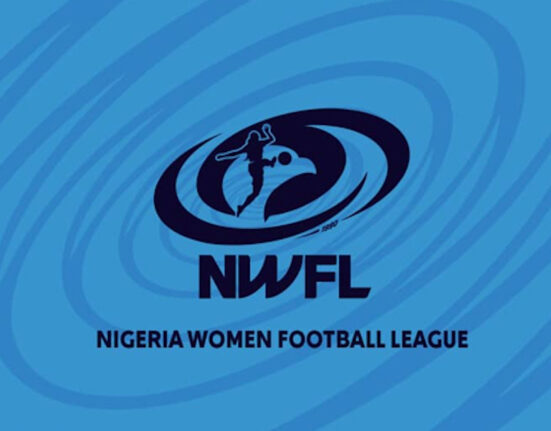The Supreme Court on Tuesday fixed October 22 for the hearing of a suit filed by 16 state governments challenging the constitutionality of the laws establishing the Economic and Financial Crimes Commission, EFCC, and related agencies.
The states involved include Ondo, Edo, Oyo, Ogun, Nasarawa, Kebbi, Katsina, Sokoto, Jigawa, Enugu, Benue, Anambra, Plateau, Cross River, and Niger.
The states argued that the EFCC Establishment Act violates the Constitution, citing a Supreme Court ruling in Joseph Nwobike Vs. Federal Republic of Nigeria.
They claim that when the EFCC Act was enacted in 2004, the provisions of Section 12 of the 1999 Constitution were not followed.
Also Read: Abuja Court Ruling on Vehicle Seizure Not Valid in Lagos, VIO Powers Intact, Says Lagos Government
According to the Constitution, for any international convention—like the UN Convention against Corruption, which forms the basis of the EFCC Act—to be incorporated into Nigerian law, the majority of state Houses of Assembly must approve it. The states contend that this procedure was not adhered to, rendering the EFCC Act inapplicable to states that did not consent.






Leave feedback about this
You must be logged in to post a comment.